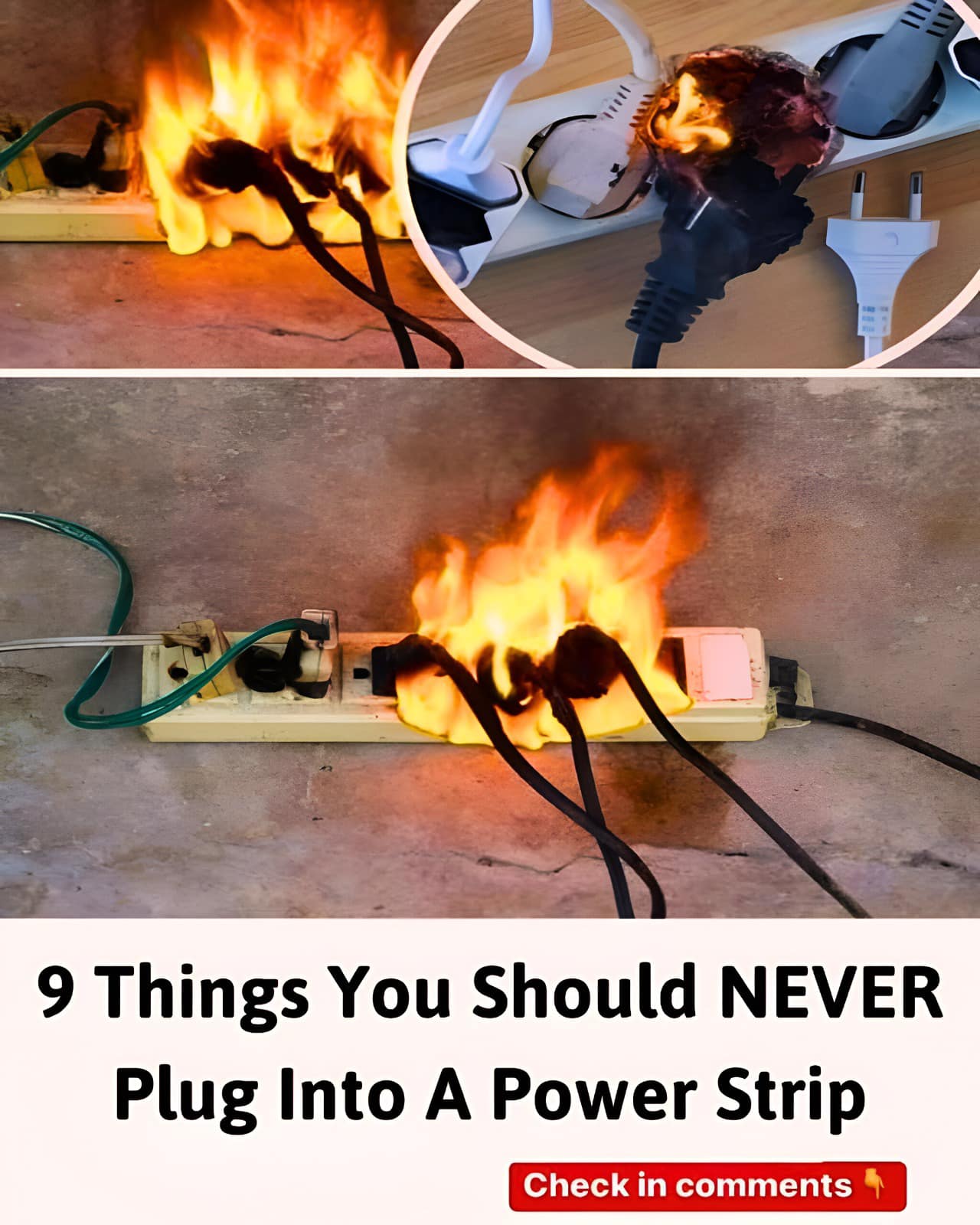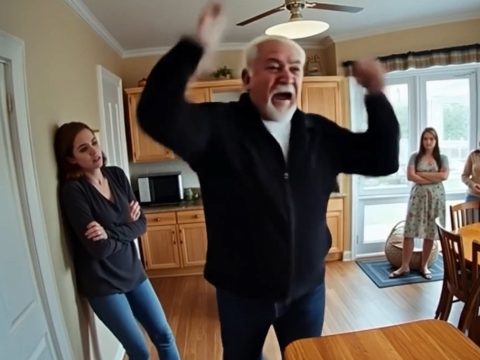As the colder months settle in across the northern hemisphere, many households are turning up their thermostats and digging space heaters out of storage. While these heaters can be lifesavers during freezing weather, firefighters across the country are urgently reminding the public that there’s one thing you should absolutely never do: plug your space heater into a power strip. This seemingly harmless action can be extremely dangerous—and in some cases, deadly.

Space heaters are widely used during the winter months because they’re convenient and effective at heating small spaces. But they require a lot of power to run. That’s why fire departments like the Umatilla County Fire District #1 in Hermiston, Oregon, are speaking out. In a Facebook post that quickly went viral, the department emphasized a critical safety tip: “You should never plug a heater into a power strip. These units are not designed to handle the high current flow needed for a space heater and can overheat or even catch fire due to the added energy flow.” Unfortunately, many people are still unaware of this risk, and the warning is a wake-up call as temperatures continue to drop.
This warning has been echoed by fire departments across the country. The Toledo Fire Department in Ohio issued a similar alert after a tragic incident where a space heater caused a fire that started in a couch and quickly engulfed an entire home. Space heaters can reach temperatures up to 600 degrees Fahrenheit, so the danger is very real. That’s why officials have outlined a few key safety rules when using one: always plug the heater directly into a wall outlet, never use a power strip or extension cord, keep at least three feet of space clear around it, never leave it unattended while it’s running, and place it on a stable, flat surface—never on carpet, furniture, or raised platforms.
The U.S. Consumer Product Safety Commission reports that portable electric space heaters are responsible for approximately 1,200 residential fires each year. According to Oregon firefighters, it’s not the heater itself that’s inherently unsafe, but rather how people use it. “The point comes down to proper use,” their statement read. “Even the best equipment can fail if not used correctly. No one manufacturer is at fault—it’s about the end user making smart and safe choices.”
But space heaters aren’t the only fire hazards lurking in our homes. Preventing electrical fires requires a bit of vigilance and a few basic safety steps, especially during the winter. One of the simplest precautions is to unplug all heat-producing appliances when they’re not in use. That includes hairdryers, curling irons, electric kettles, toasters, and of course, heaters. Appliances like these can overheat, short out, or even turn on unexpectedly during a power surge, posing a fire risk if left unattended.
Another important tip is to use extension cords only for short-term needs. They’re not designed for constant use and can overheat if overloaded. If you find yourself using one regularly, it’s time to have an electrician install more permanent outlets. Also, never cut off the third prong from a power cord—it’s there to provide grounding and protect you from electrical shocks or surges. If your home has outdated two-pronged outlets, consider updating your system.
Older homes, in particular, are more likely to have outdated electrical systems that may not handle today’s power demands safely. An electrician can inspect your home and recommend upgrades to reduce your risk. Damaged power cords are another fire hazard. If you notice fraying, exposed wires, cracked insulation, or a broken plug, stop using the cord immediately and replace it with a new one.
It’s also important to follow the safety instructions that come with every appliance. Most manuals include fire prevention tips and instructions on what to do in case of a malfunction. They also contain information on product recalls, which can be critical for safety. Watch out for red flags like a burning smell, outlets that feel hot, flickering lights, or frequent breaker trips. These can all be signs of an electrical issue that needs professional attention.
Lastly, ensure that smoke detectors are installed in every room and test them regularly. Replace their batteries at least once a year, and never ignore the warning beeps—they’re your first line of defense in case of a fire. With a little caution and awareness, you can enjoy the warmth of a space heater this winter without putting your home or loved ones at risk. Remember, plugging it directly into the wall isn’t just a recommendation—it could save your life.





